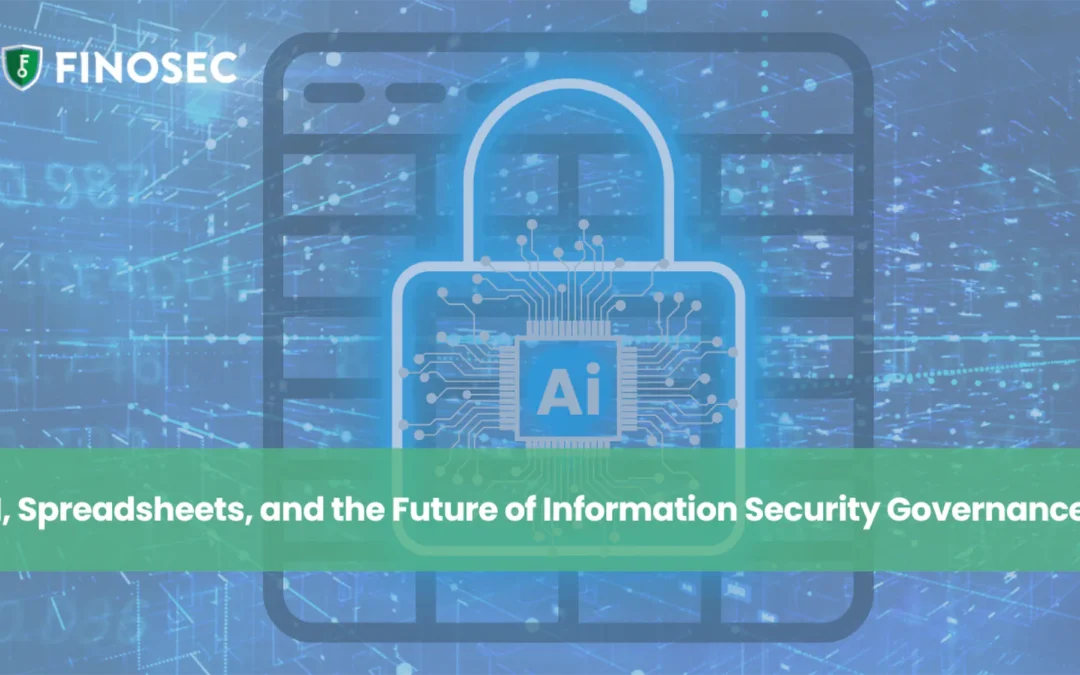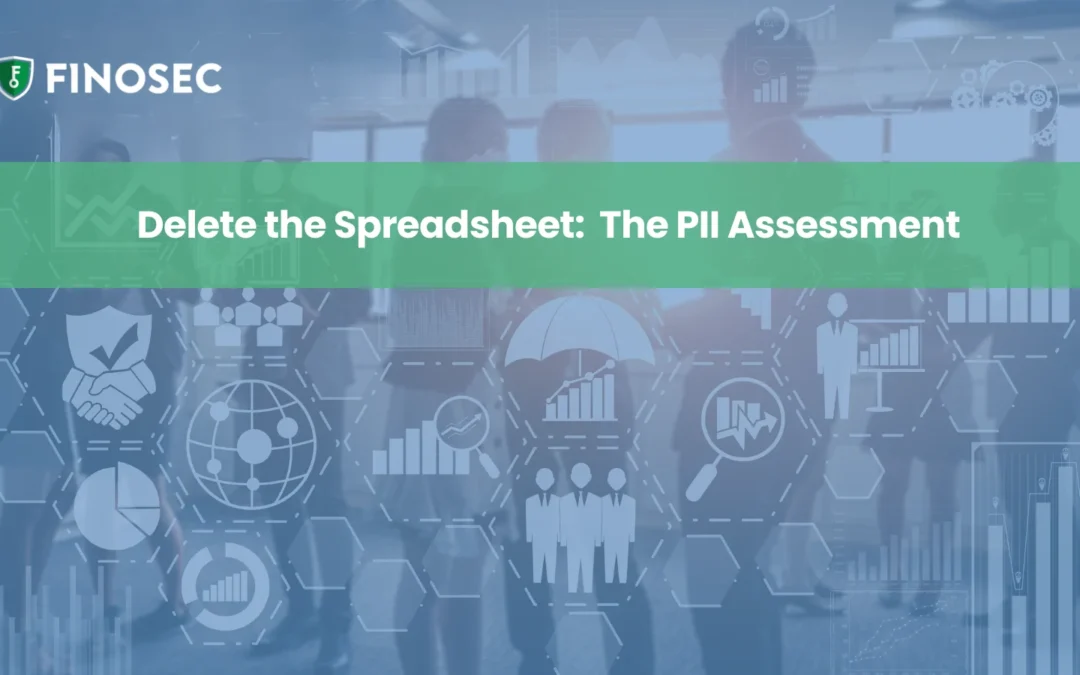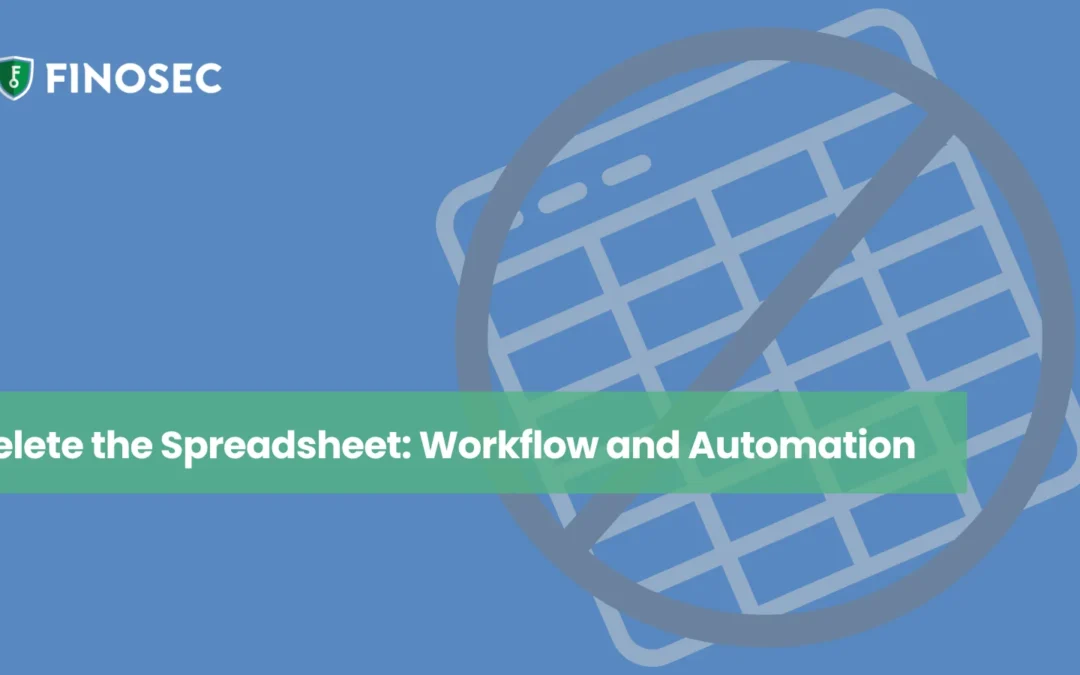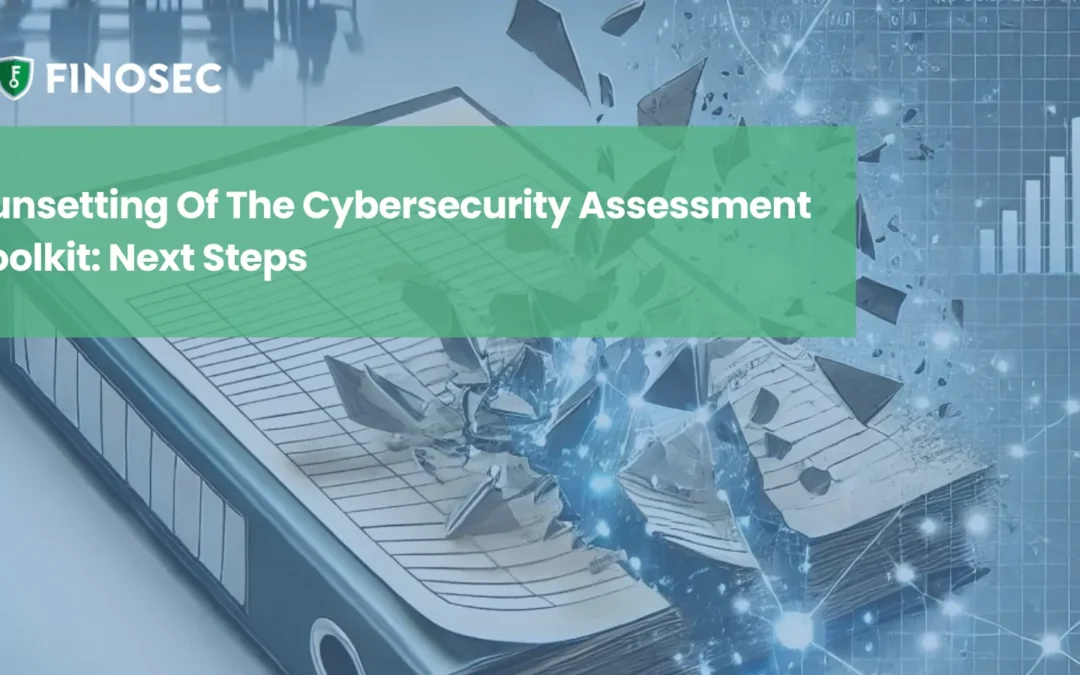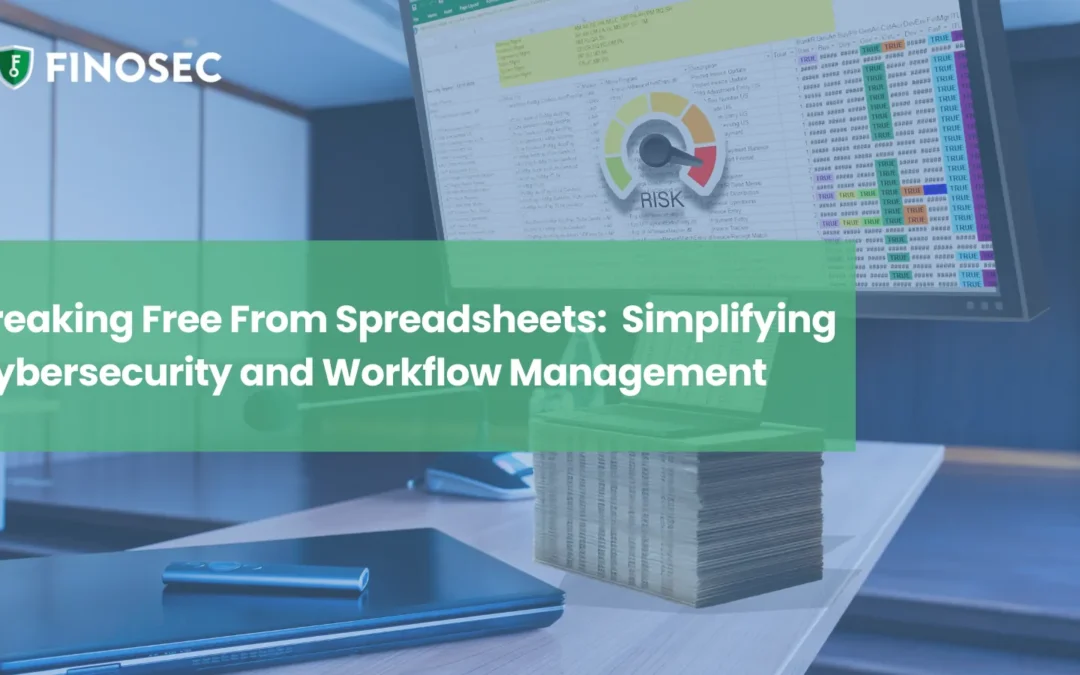In the rapidly evolving landscape of banking technology and cybersecurity, understanding and implementing effective Identity and Access Management (IAM) strategies is more crucial than ever. Yet, we understand that delving into the complexities of IAM can be daunting. Our goal is to unpack this crucial matter into straightforward and practical measures.
IAM ensures that the right people have the right access to the necessary tools and information within your institution’s systems – nothing more, nothing less. Imagine it as a digital gatekeeper, precisely granting access to enhance job performance while bolstering security.
User Access Control, a pivotal aspect of IAM, involves managing who sees and accesses all areas within your systems. It’s akin to giving your employees a keycard that only opens the doors necessary for their job roles, enhancing efficiency and security.
The FFIEC’s guidance “Authentication and Access to Financial Institution Services and Systems” emphasizes moving beyond simple passwords, advocating for Multi-Factor Authentication (MFA). This approach adds layers of security, much like needing multiple keys to unlock a treasure chest. Equally important are regular User Access Reviews, ensuring appropriate access levels align with current roles and responsibilities.
So where do you begin?
- Start with a Risk Assessment: Understand your institution’s risk landscape, identifying critical data, systems, and their current protection and access levels.
- Limit Access to Necessary Systems: Implement ‘least privilege’ access, granting users only the access needed for their specific roles. This reduces the risk of internal breaches.
- Regular Access Reviews: Frequently review user access privileges to ensure they remain relevant and necessary, promptly rectifying any inappropriate access.
- Choose User-Friendly Solutions: Opt for straightforward and accessible MFA methods, like one-time passcodes sent to mobile phones or authenticator applications.
- Focus on the most important while performing system and permission reviews. Start with privileged access permissions to high-risk systems and concentrate on changes in permissions since the previous review.
- Partner with Reputable Vendors: Collaborate with vendors who understand the unique needs of community financial institutions.
- Regular Updates and Reviews: Keep your IAM strategies agile to counter emerging cyber threats, regularly updating and reviewing your policies and tools.
- Educate Your Team: Regular, simple training sessions greatly enhance cybersecurity awareness and compliance amongst your employees.
Implementing robust Identity and Access Management strategies is not just a technical need; it is a reinforcement of the trust your customers place in your institution. By taking these steps, you’re not only safeguarding data and systems but also strengthening your commitment to your customer’s security.
To further simplify your IAM process, consider Finosec’s Governance 360 User Access Reporting module. The platform offers an automated solution for conducting user access reviews on countless banking systems, even for legacy systems like your Core Processor. The User Access Reporting module not only saves time but also enhances the accuracy and efficiency of your reviews, ensuring that compliance and security are always up to date.
Trouble with User Access Reviews?
View the case study to see how Finosec optimized user access reviews for South Atlantic Bank.
View Case Study
